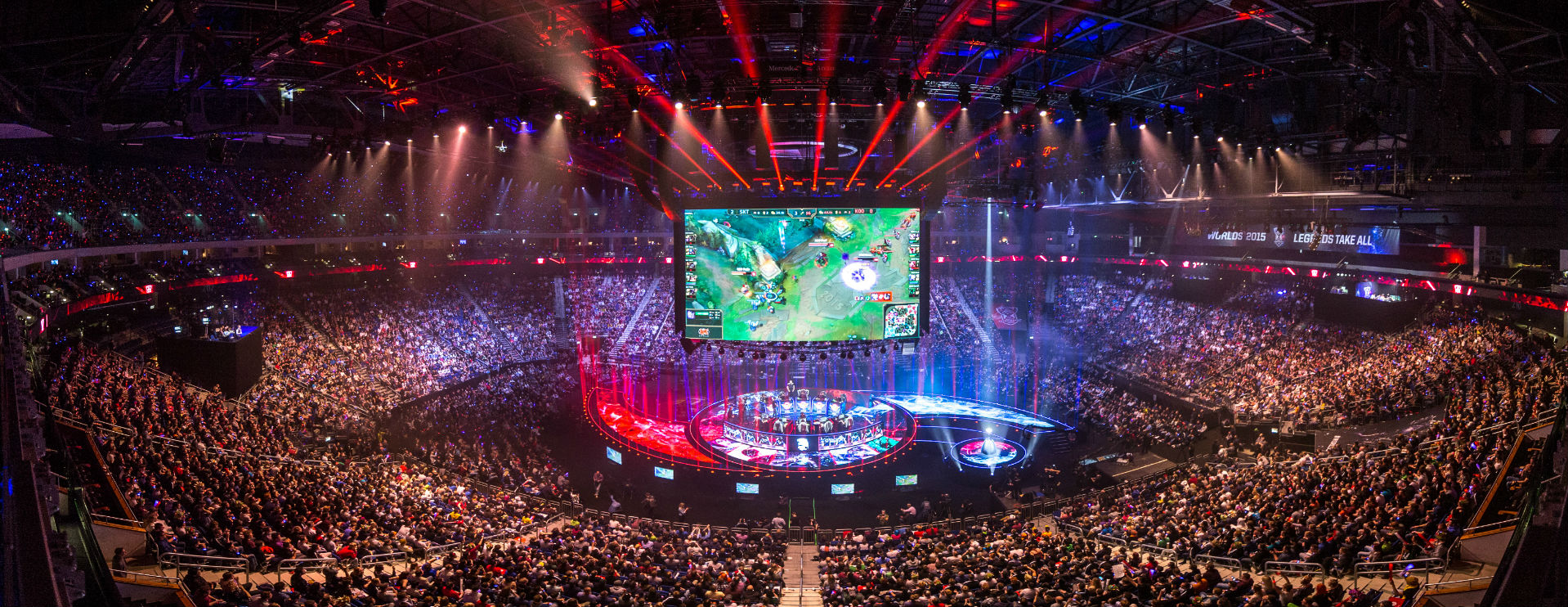Rise of College ESports
Gallery

Colleges are increasingly adding esports to their athletic programs. Out of the 125 college esports teams across the country, two schools in Michigan currently have esports: Sienna Heights University and Alma College, with Michigan Technological University announcing it will add esports to its athletic program starting next year.
An esport is a multiplayer video game that is played competitively, can be watched by anyone with an internet connection, and it is usually played by professional gamers. A few examples of esport games are League of Legends, Overwatch, Fortnite, Rocket League, and Counterstrike.
In 2017, the League of Legends World Championship became one of the most popular esport competitions ever, with more than 80 million views.
In 2018, esports made $906 million worldwide. This year it is expected to reach over $1 billion, and in 2020 it is expected to reach over $1.5 billion.
In 2014, the National Association of College Esports (NACE) was formed at Robert Morris University. Since 2014, esports have been added as a varsity sport at many other colleges around the United States.
One of the first Division I colleges in the United States to add esports was Miami University in Ohio. In 2017, their varsity Overwatch team took first place in the NACE Overwatch Tournament.
According to the non-profit blog, Game Designing, colleges that add esports hope it could help add diversity to the student population and increase enrollment. At many colleges, the money that is won after an esport competition is put towards scholarships.
Compared to athletic sports training facilities, esports facilities are much more affordable for many colleges. Costs consist of gaming gear, large screen televisions or monitors, gaming consoles, controllers, and broadband internet. Competitions require a registration fee that can be around $2,500.
Even though it is becoming very popular worldwide, many schools are still unsure if they should add the program or not. Some may not agree that an esport should be considered an actual sport because there is minimal physical activity involved. Some are concerned about students playing video games rather than focusing on their schoolwork.
Proponents argue esports require strategy and a lot of planning and quick thinking, just like some athletic sports do. Proponents also observe that most times after college, few athletes can go on to play professionally, but with esports, many people can continue after college and go on to join a pro team.
